
It’s strange to think that the liquid surrounding pickles has become an incredibly popular drink in its own right. Sometimes it’s even more popular than the pickles themselves. That trend is partly because of the flavor of the pickle juice, but also because it may offer some health benefits. That’s why we’re here today, looking at the question of does pickle juice help heartburn?
The short answer is no, it probably doesn’t. While pickle juice has the potential to help with nausea, it tends to make heartburn worse, not better.
Of course, there’s more to the story than just that. In this article, we’ll dive into pickle juice, including what it offers, when it may be helpful, and what else you need to consider. But, before that, we need to talk about heartburn itself.
The term heartburn refers to the burning pain you might feel in your chest or upper abdomen. It’s most common after eating, as a result of indigestion (which is one reason to not lie down too soon after eating). The pain comes from stomach acid that has made its way up from your stomach and may even reach your throat.
You may hear heartburn called acid reflux as well. There’s also GERD, which stands for gastroesophageal reflux disease. This is a more serious form of acid reflux, where the backflow of acid is chronic and starts to harm the body over time.
So, clearly, solutions are needed. Let’s see what pickle juice has to offer and what else you might turn to.
P.S. While pickle juice mightn’t improve your heartburn much, it’s still relevant for other situations, like helping with cramps or nausea. You can also use it as a delicious marinade or as part of a cocktail.
Why Pickle Juice Might Help With Heartburn

The Probiotic Content
There’s one big reason for turning to pickle juice for heartburn – probiotics. You’ve heard about probiotics, right? These are the healthy microbes that are found in kombucha, fermented yogurt, and a bunch of other places.
Such microbes are important, as our guts are filled with bacteria and other microbes that play crucial roles in how our bodies function. Seriously. The microbes in our gut are so valuable that they’re sometimes called a second brain.
Pickles and pickle juice are interesting because cucumber skins contain Lactobacillus bacteria. Drinking pickle juice could give you a hefty shot of this microbe, which could then help improve your gut health and then decrease heartburn and acid reflux symptoms.
May Rebalance The Acidity In Your Stomach
There’s a slim chance that the acidity of pickle juice actually helps with the acidity in your stomach. This would then lead to decreased nausea.
Don’t put your faith in this theory though, as it is incredibly unlikely. Most of the time, pickle juice will simply make the liquid in your stomach more acidic instead.
There’s A Shock Factor
Pickles and pickle juice often have a strong flavor, particularly if you choose vinegar-based pickle juice. This intense flavor can be shocking, which shifts your focus away from acid reflux.
For some, this shock might be enough to make them forget about heartburn, especially if it was mild to begin with. Of course, this is a very case-by-case effect.
We Expect It To
Finally, there’s the famous placebo effect. Some foods and drinks improve our health simply because we think they will.
This effect could easily apply to pickle juice, as there are so many rumors about all the potential benefits. Seriously, sometimes pickle juice sounds like a magic remedy that’s meant to help with cramps, nausea, heartburn, constipation, and almost every other health problem under the sun.
The Problems With Pickle Juice

The probiotics in pickle juice are the main reason that it might help with heartburn. But, is that enough of a reason to drink pickle juice regularly? Perhaps not, as there are quite a few issues to consider as well.
There Mightn’t Be That Many Healthy Microbes
First, there’s no guarantee that a shot of pickle juice actually contains that many probiotics. After all, there are a decent number of processing steps to get from cucumbers to pickles.
In practice, the probiotic content of pickles can vary dramatically, with some products containing barely any probiotics at all. The presence (or absence) of probiotics won’t be obvious from the outset either, so you’re basically taking a potshot on any jar of pickles.
Commercial pickle juice tends to be pasteurized anyway. This form of heart treatment helps to keep the pickle juice safe, but kills healthy and unhealthy microbes in the process.
Besides all of that, pickles aren’t always fermented. Many versions rely on vinegar instead and won’t ever give you the probiotic benefits.
Your best bet is to make fermented pickles at home. This way you control the process and can be confident about the probiotic content.
Pickle Juice Is Acidic
Pickle juice tends to be relatively acidic, often with a pH of between 3 and 4. This acidity is a problem, as it tends to make heartburn symptoms worse.
Don’t think that fermented pickle juice fixes things either. While this relies on a salt brine rather than vinegar, it’s still acidic and isn’t good for your acid reflux symptoms.
The acidity really is a problem. People with heartburn are normally looking for low acid foods to settle their stomach, not acidic ones. The acidity of pickle juice could even make your heartburn excruciating. Is it really worth the risk?
There’s No Evidence
The link between pickle juice and heartburn seems to be the result of personal anecdotes and perhaps some marketing from pickle juice companies. There’s no scientific evidence to back up the idea at all.
Sure, the probiotics in fermented pickle juice could be good for your gut and probiotics may even directly help with nausea. But, any benefits from these will be outbalanced by the acidity of the pickle juice.
The Sodium Content
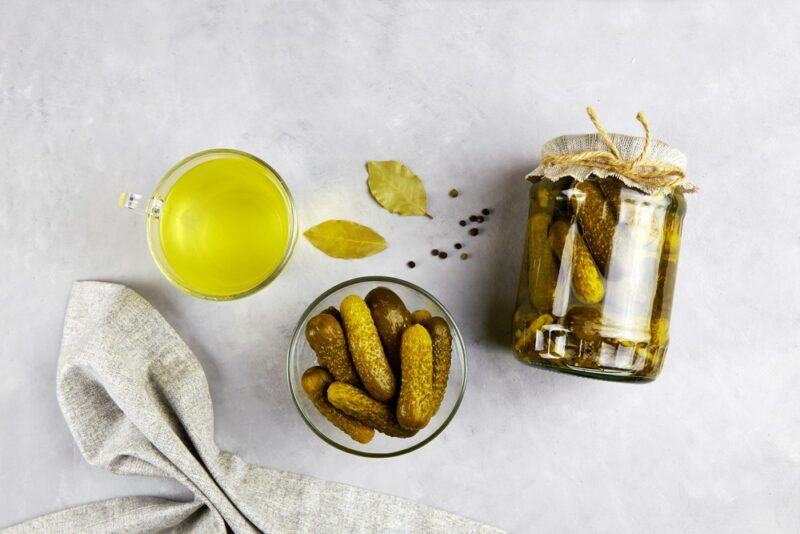
Then there’s the sodium. Pickle juice is always high in sodium, often giving you more than 500 mg of sodium in a 3-ounce serving. Some products contain even more sodium still This sodium content is incredibly concerning, given that most of us are already consuming too much of the mineral.
Remember, excessive sodium intake can cause a variety of negative effects, like increasing your blood pressure and raising your risk of a stroke. Too much sodium might increase your risk of acid reflux anyway.
The Juice Can Cause Side Effects
Many people drink pickle juice regularly (or even use it in cocktails!) without any issues. Others experience considerable side effects, including bloating, indigestion, and increased blood pressure.
These effects don’t occur for everyone, but it’s still important to be cautious with pickle juice. After all, it would suck to end up with stomach cramps on top of acid reflux.
So, Does Pickle Juice Help?
Some people continue to claim that pickle juice has helped their heartburn. This suggests that the juice might be helpful for at least a few people. But, for most of us, the juice is a very bad idea and is likely to make much heartburn worse, rather than better.
Besides, why take a chance on pickle juice? There are plenty of other foods and techniques to help with heartburn. Many of these have better supporting evidence and come with fewer risks. We’ll talk about some of these shortly.
Also remember that pickle juice is meant to be powerful because of the probiotics. Except, there are plenty of other probiotic foods and drinks, including some that are less acidic and lower in sodium. Those are a much safer choice than pickle juice.
How To Get The Most Benefits From Pickle Juice

If you’re going to try pickle juice anyway, it’s best to look for a product that has been fermented and wasn’t pasteurized. The most powerful way is to simply make the pickles yourself.
Just be sure to follow food safety practices as you go. Otherwise you run the risk of increasing the content of dangerous microbes along with the healthy ones.
You could also look out for jars of pickles with labels that say ‘contains active cultures’ or something similar. Such products will have been carefully produced to ensure they do contain plenty of healthy microbes.
Once you’ve found the pickle juice you want, it’s best to start slowly. Pay attention to how your body responds and be willing to stop if the pickle juice seems to make things worse rather than better.
Foods And Drinks That Do Reduce Heartburn
If you’re struggling with regular heartburn, pickle juice probably isn’t worth the risk. There’s only a slim chance that it helps and the juice could easily make your symptoms worse instead.
The foods and drinks below have a much better chance at reducing your heartburn symptoms.
Non-Acidic Probiotics
Early evidence suggests that probiotics might help with chronic acid reflux, although more research is still needed. However, the trick is to find non-acidic sources of probiotics. This way you’re getting the potential benefits of probiotics without triggering your acid reflux symptoms in the process.
Probiotic supplements can be particularly powerful here, as these allow you to target specific strains of probiotics. You’re looking for Bifidobacterium and Lactobacillus acidophilus, as these strains have been the most well-studied for heartburn.
When buying supplements, look for reliable brands that are well-reviewed.
If you’re taking the food route instead, kefir and probiotic yogurt are worth considering. Dairy is much less acidic than pickle juice, so it should be better for your heartburn symptoms. Some fermented plant-based foods are low in acidity too, like natto and tempeh, which are both made from soybeans.
Whole Grains
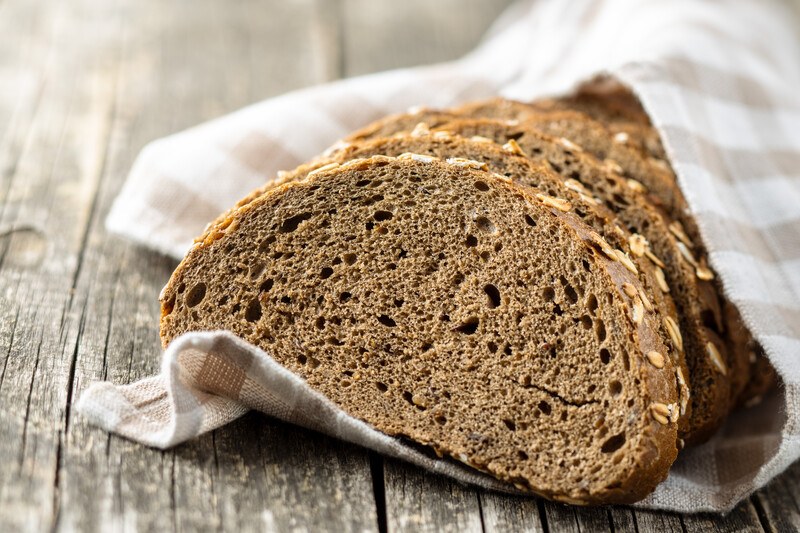
Foods with whole grains provide plenty of fiber, which helps to keep you full and reduces the risk of overeating. The fiber is very important for your digestive system too. That’s a powerful feature, as your risk of heartburn should be much lower if your digestive system is functioning well.
Oatmeal is a great option if you’re dealing with nausea too, as oatmeal is mild and easy to eat.
Water-Rich Foods
Water helps to dilute the acid in your stomach, which should then decrease the symptoms of acid reflux. Broth-based soups work great here, as they’re soothing and contain plenty of nutrients.
You can also experiment with water rich fruits and vegetables like celery, cucumber, watermelon, and lettuce. These provide some fiber and antioxidants as well.
Other Approaches You Can Try
Foods and drinks aren’t the only way to help with acid reflux, nor necessarily the best. The following approaches can be relevant as well.
- Don’t lie down too soon. Staying upright for at least 30 minutes after a meal gives your body time to start digesting, which lowers the risk of acid reflux.
- Stick to small portions. Overeating, even by a little, is a key cause of acid reflux. Having small portions makes it easy to avoid this issue. After all, you can always go back for more if you’re still hungry.
- Wear loose clothing. Did you know your clothes make a difference? Anything tight around your waist is likely to noticeably increase acid reflux symptoms.
- Watch out for acidic and spicy foods, plus carbonated drinks. These can easily increase acid reflux, so it’s best to moderate your intake (don’t worry, you shouldn’t need to cut out your favorites entirely).
- Eat slowly. Eating slowly and mindfully gives your body more time to digest, leading to fewer symptoms. This is also a way to enjoy your meal more fully.
- Try to decrease stress. Decreasing the stress in your life is easier said than done. Yet, high levels of stress can lead to a variety of negative symptoms, including heartburn. Finding ways to lower stress may be more effective than any other approach on this list.
- Decrease smoking and alcohol. Not surprisingly, smoking and alcohol consumption can both make acid reflux symptoms worse. If cutting these out isn’t realistic (or desirable) try decreasing the frequency instead.
- Increase your water intake. Nausea is sometimes the result of dehydration. Try drinking more water regularly and see whether this reduces your nausea.

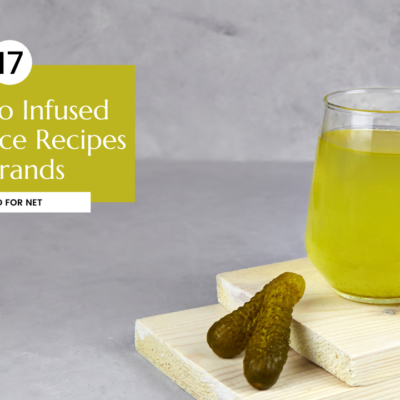
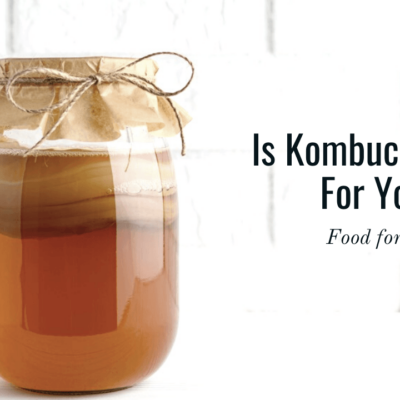
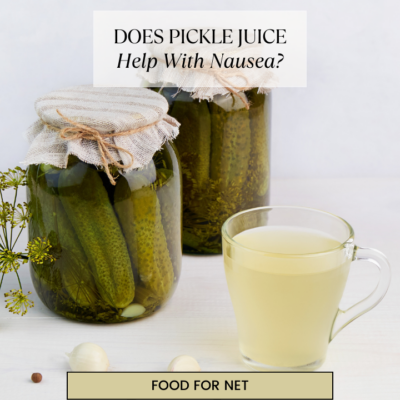
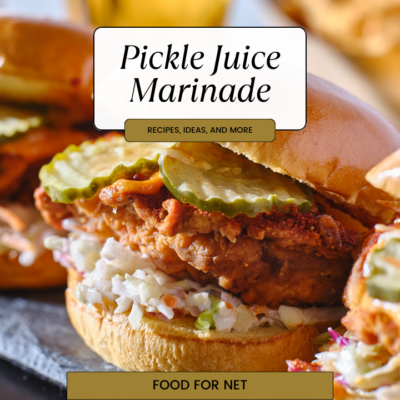
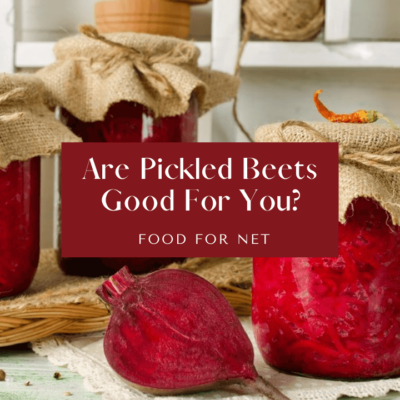
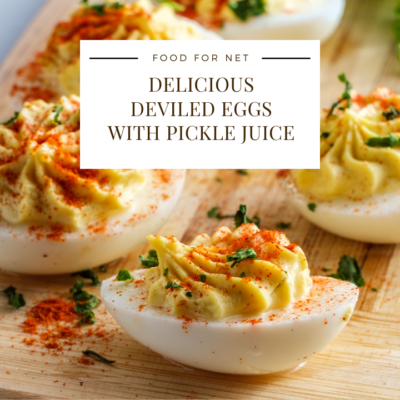
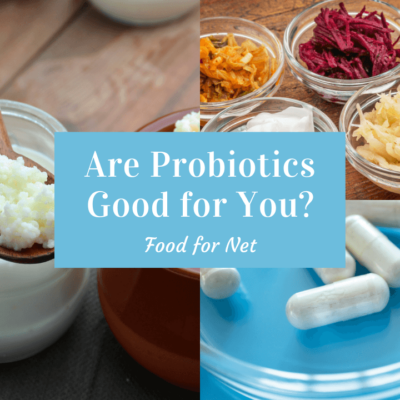
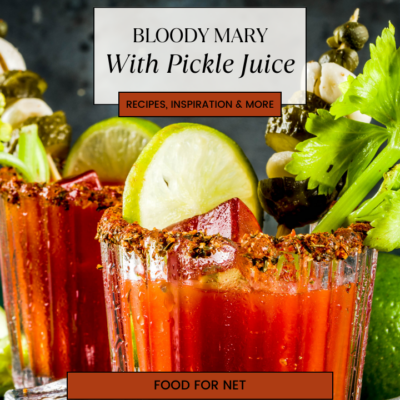
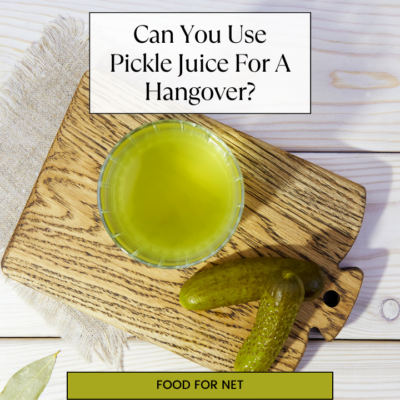

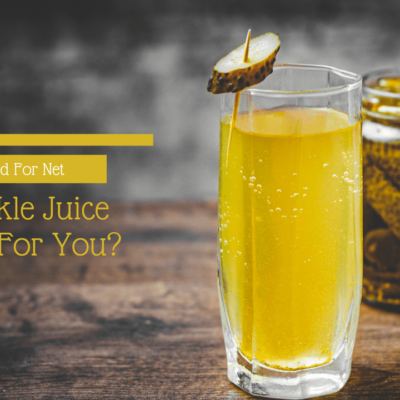
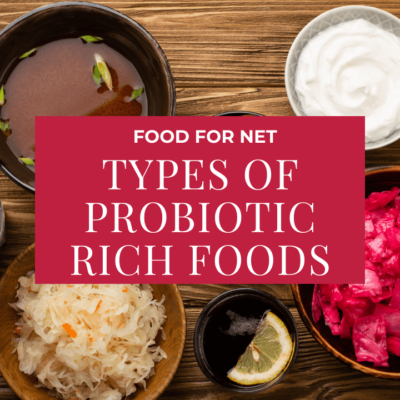
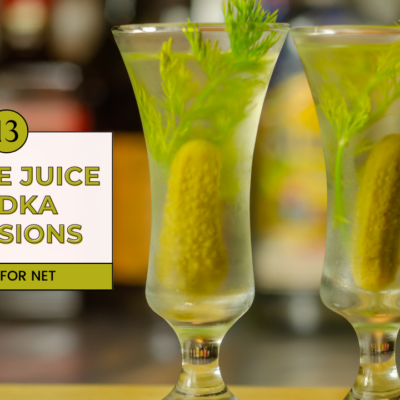



 Does Pickle Juice Help With Nausea?
Does Pickle Juice Help With Nausea?
Leave a Reply